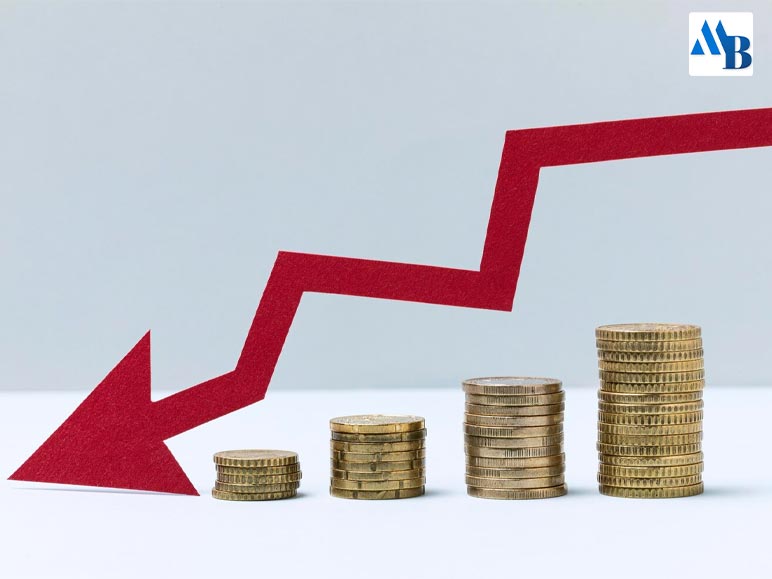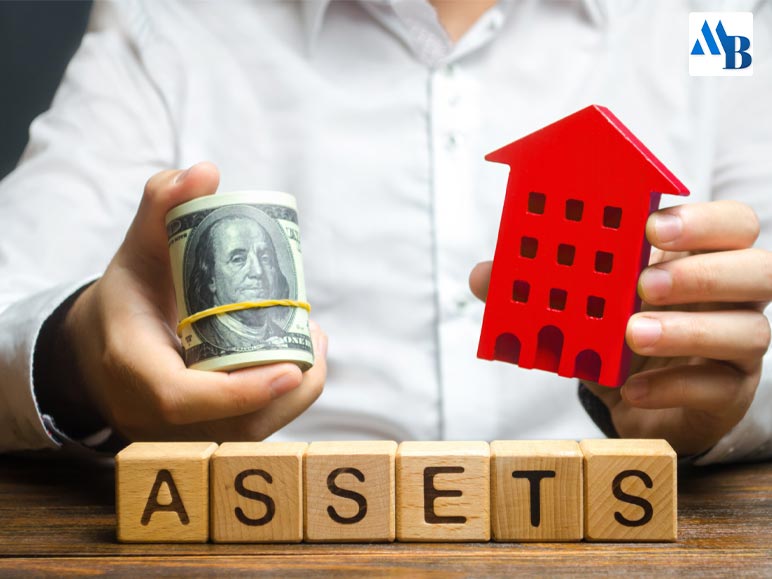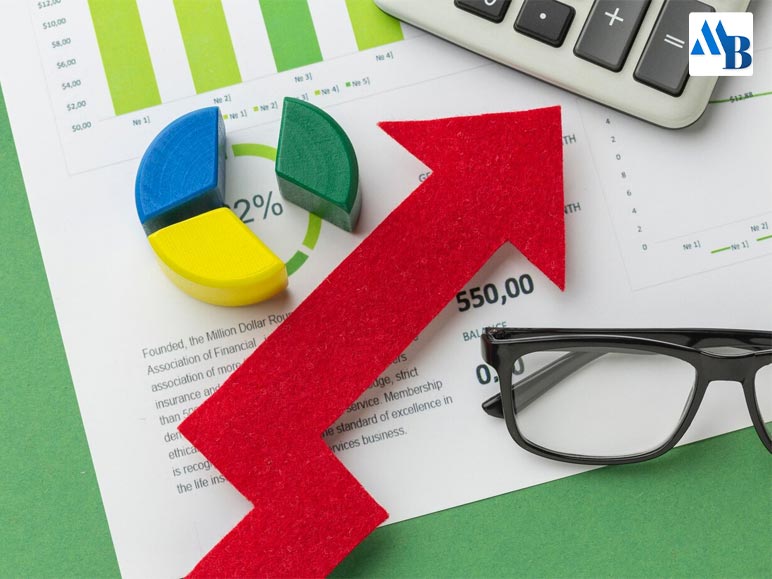Let’s explore the realm of finance, which asset cannot be depreciated this is the most important concept. Hold on to your horses, though, because there’s a strange group of assets known as non-depreciable assets that are upending the standard depreciation game in this untamed zone.
Now, assets are the backbone of any business, ranging from the real, touchable stuff like machinery and buildings to the more elusive patents, copyrights, and trademarks. You can touch the concrete ones, but not so much the intangible ones.
What Is Depreciation Exactly?

Assets are more than just things; they are the engine that generates profits, simplifies processes, and plots the path for significant growth. Appropriate asset management is more than just a tactical move—it is essential to stay viable and competitive today. Now the concepts of which asset cannot be depreciated indeed will be much clearer when you are reaching the end of the article.
The process of depreciation is similar to a slow waltz, in which the value of an asset gradually decreases over time. It’s an acceptance that things deteriorate or go out of style. The majority of elements like usage, wear and tear, or technological developments are borne by tangible assets.
When assets are subject to depreciation, their recorded value decreases, which is clearly visible on the balance sheet. They reveal their existing valuation and play the game of decreasing balance depreciation, or take the linear approach.
What Assets Can’t You Depreciate?

The assets that are not depreciable are in the other corner, acting as rebels against the accepted rules of depreciation. So which asset cannot be depreciated? They continue to be a constant presence on the balance sheet, resisting the usual depreciation process. Think about, among their ranks, real estate, some investments, and perpetual licenses.
Differentiating Features of Non-Depreciable Assets:
Like a superb wine, non-depreciable assets never lose their value. For example, land maintains its prestigious reputation despite being immune to the wear-and-tear ballet.
Free from Wear and Tear Scandal:
Unlike dependable equipment, non-depreciable assets avoid the whole show of physical degradation and obsolescence. Without losing their worth, they are the center of attention during the event.
Choosing to invest in non-depreciable assets is a wise decision. Think of them as reliable allies; their worth never changes, offering a strong foundation for a company’s financial stability.
What Causes Assets to Depreciate?

Commencing with the IRS’s criteria for depreciable property:
Ownership is a prerequisite, either by an individual or a business entity. However, an exception exists; if one undertakes capital enhancements to a property they do not own, the depreciation of the improvements is still permissible.
Use for company operations or income generation is mandatory. In cases where personal use is involved, such as a home business, depreciation is limited to the portion dedicated exclusively to business activities.
Let’s now look at this depreciation process as a whole.
Therefore, the “certain useful life,” as fancy as it sounds, must be greater than a year. The golden rule is that. Here, which asset cannot be depreciated? we’re discussing assets or the possessions you’ve had for more than a year. And guess what? Over time, it’s predicted that they will deteriorate or lose some of their sparkling worth.
What Qualifies As A Depreciable Asset?

Consider amortizing property for a moment. It’s the hip club with cars, trucks, office buildings, pleasant rental homes, and all kinds of devices, including computer-related ones. Not to mention the upgrades made to leased spaces—if they remain for more than a year, they resemble the VIP area of a depreciating town. We don’t differentiate between tangible goods, such as patents and copyrights, and intangible assets, which are hard to touch.
However, only some people are welcome to this devaluation celebration. Items belonging to you personally, stock, and investments you own, such as rare coins or real estate, should not be included. Not even your fancy house and the car parked in your driveway are exempt. Additionally, an asset will not become a member of the depreciable club if it does not work for a complete year.
Oh, and let’s not forget about the star of the show—improvements to depreciable property. Tax-wise, they treat their stuff as separate depreciable entities. It gets interesting when these add-ons boost your property’s value. On the flip side, if you’re just fixing things up, those repairs usually slide in as a business expense.
What’s Depreciable And What’s Not?

For full details on what’s depreciable and what’s not,
The IRS’s got your back. Check out Publication 946 PDF, titled “How to Depreciate Property.” It’s like the ultimate guide, straight from the tax gurus.
Hold on to your hats because there have been some depreciation rule makeovers. Bonus depreciation is the new kid on the block, letting businesses deduct a whopping 100% of eligible property costs in the first year. Tax prep folks are the real MVPs for decoding the mysteries of Section 168 and Section 179 changes.
Follow these rules, and you’ll be the depreciation expert, avoiding any financial errors. Cheers to understanding your assets like a pro!
Bottomline
Finally, some insights Understanding the difference between the depreciation cohort and the non-depreciation insurgents is revolutionary in the turbulent world of asset management. Some assets, known as non-depreciable assets, hold their worth even as their counterparts gradually deteriorate. Get the ideas of which asset cannot be depreciated. Businesses may create a solid and long-lasting financial foundation by understanding these risks and making smart decisions about investments and financial planning.
Must Read :
- BNKU Stock – Is It Worth Investing In 2024?
- how long does it take to cancel spectrum internet
- what must an entrepreneur do after creating a business plan brainly

